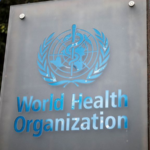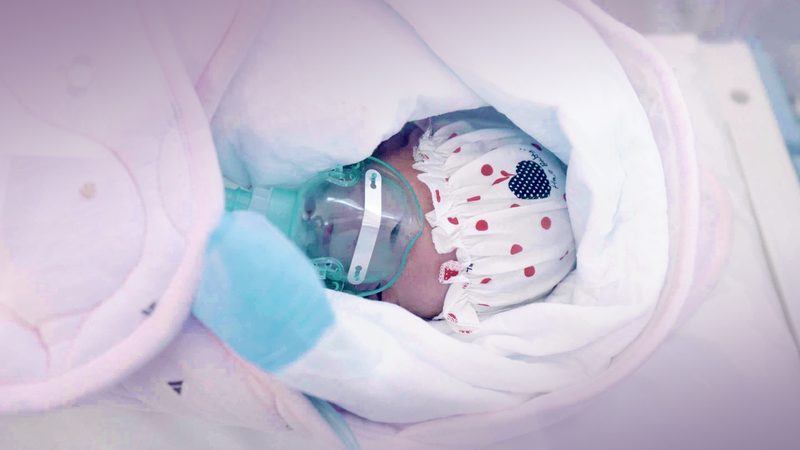China’s healthcare system is undergoing a transformative shift to protect mothers and children through advanced infrastructure and policy reforms, setting new standards for public health outcomes.
Under the National Program for Women’s Development (2021-2030), authorities have prioritized upgrading maternity facilities across the Chinese mainland. A standout initiative is the creation of 'maternal-friendly hospitals' offering streamlined care. These hubs integrate registration, examinations, payments, and consultations within single locations – eliminating fragmented services in cities like Beijing and Nanjing.
At Beijing Maternal and Child Health Hospital, a cutting-edge intensive care unit staffed by multidisciplinary teams addresses high-risk pregnancies. 'Conditions like cardiac complications demand collaborative expertise,' said Dr. Xie Dan, the hospital’s medical director, in an interview with China Media Group. The approach has reduced Beijing’s maternal mortality rate to 0.69 per 100,000 live births in 2024 – aligning with global benchmarks.
Official data from the 2025 Statistical Monitoring Report highlights nationwide improvements in pregnancy care coordination and health management. Over 200 maternal and child health institutions are implementing standardized training programs for medical staff to enhance service quality.
This multi-tiered strategy reflects China’s emphasis on equitable healthcare access, combining technological innovation with institutional capacity-building to support families at critical life stages.
Reference(s):
How China is strengthening maternal and child health protections
cgtn.com







